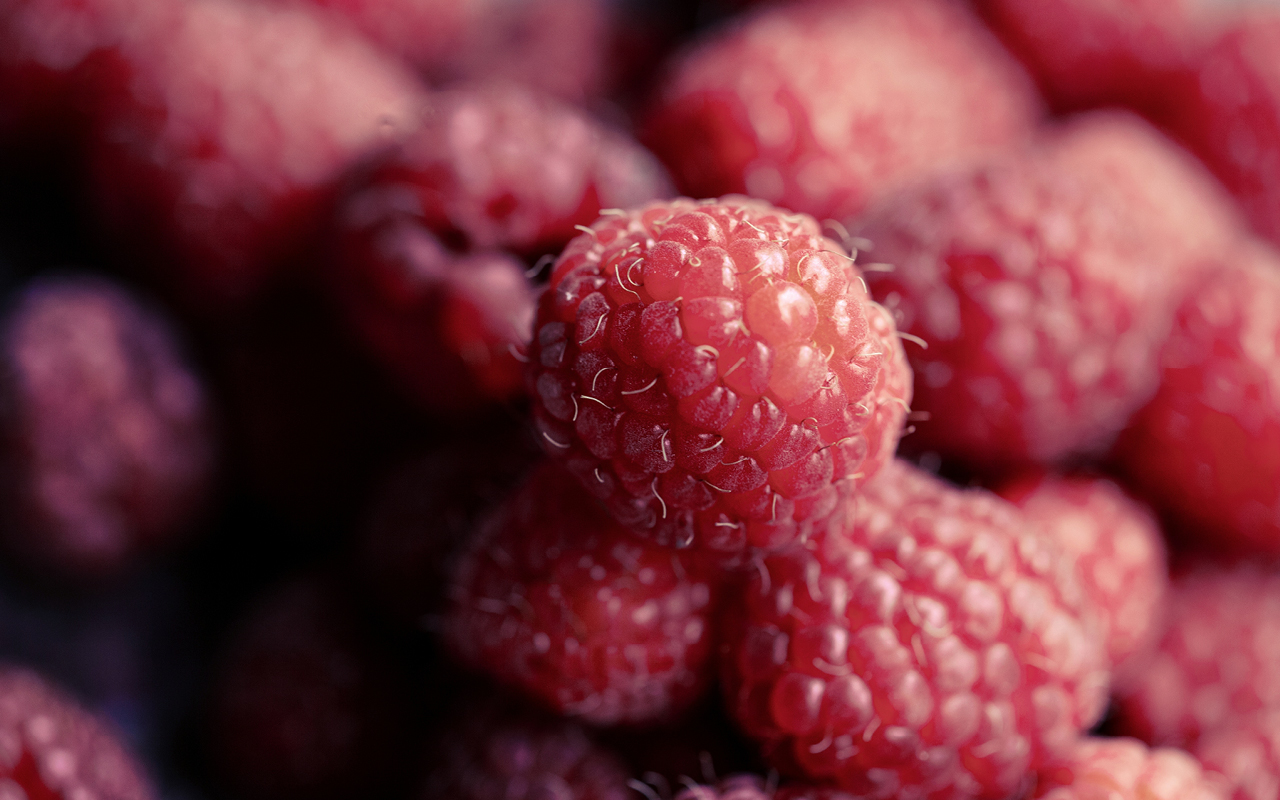Challenge Berries are highly dependent on insect pollination to achieve optimal yield and fruit quality. Traditionally, managed honey bee colonies have fulfilled this role; however, the recent establishment of the Varroa mite has significantly reduced honey bee populations, leading to decreased availability of pollination services for berry growers. This has raised concerns about productivity and crop consistency across the sector.
Solution In response, this research investigates the potential of wild pollinators which already frequent berry crops, as a viable alternative to managed honey bees. Existing studies have shown that wild pollinators can be just as effective as honey bees in pollinating berry flowers. The project will focus on understanding the presence, diversity, and pollination efficiency of wild species in berry production systems, aiming to develop strategies that support and enhance their role.
Impact By recognising and promoting the contribution of wild pollinators, this project supports a more resilient and diversified pollination strategy for berry growers. Reducing dependence on managed honey bee colonies helps mitigate the risks associated with biological threats like the Varroa mite, while also enhancing on-farm biodiversity and ecological sustainability in berry production systems.






